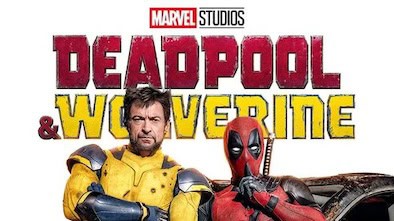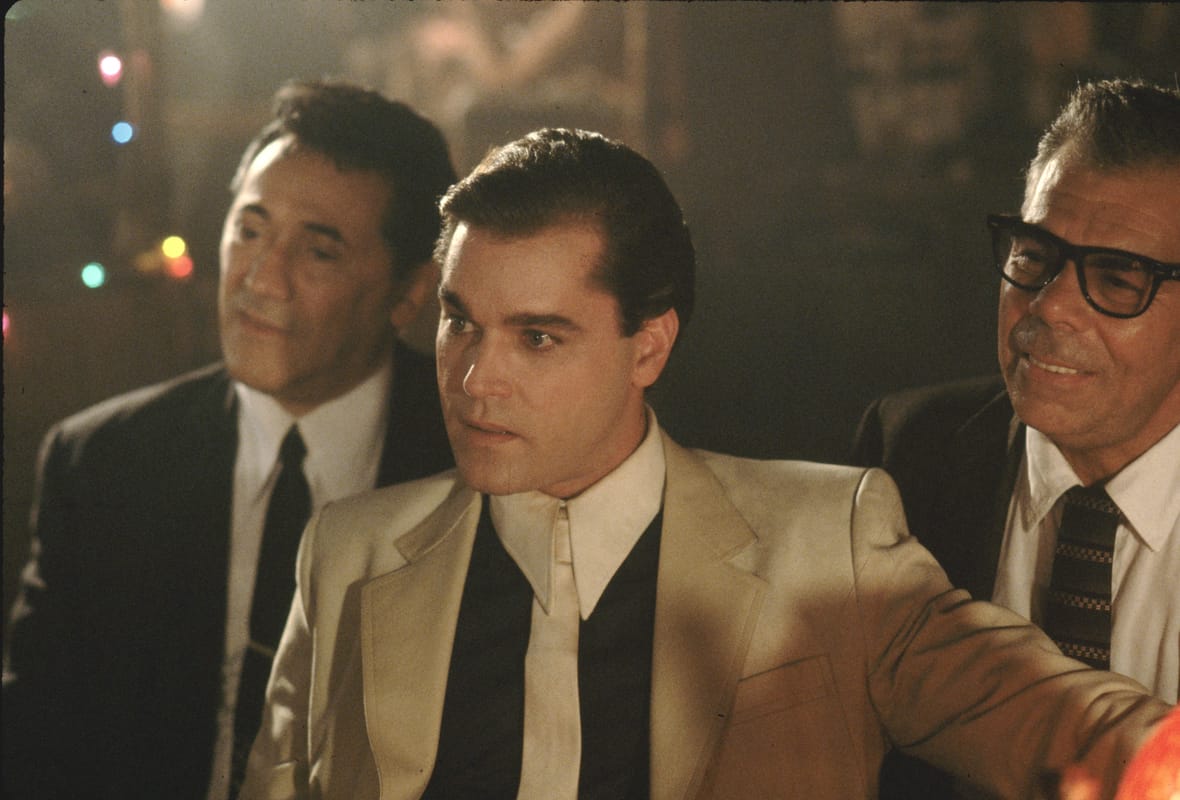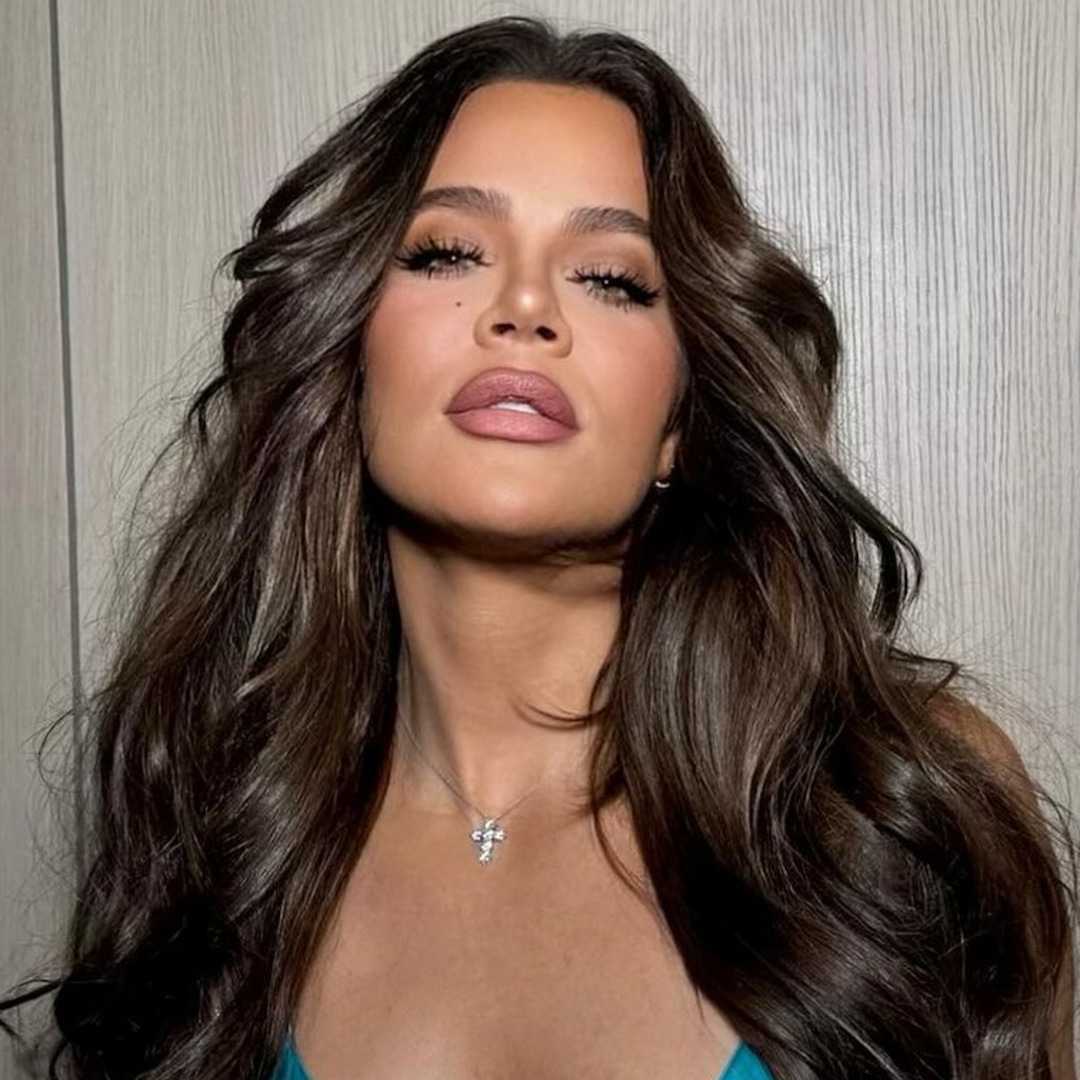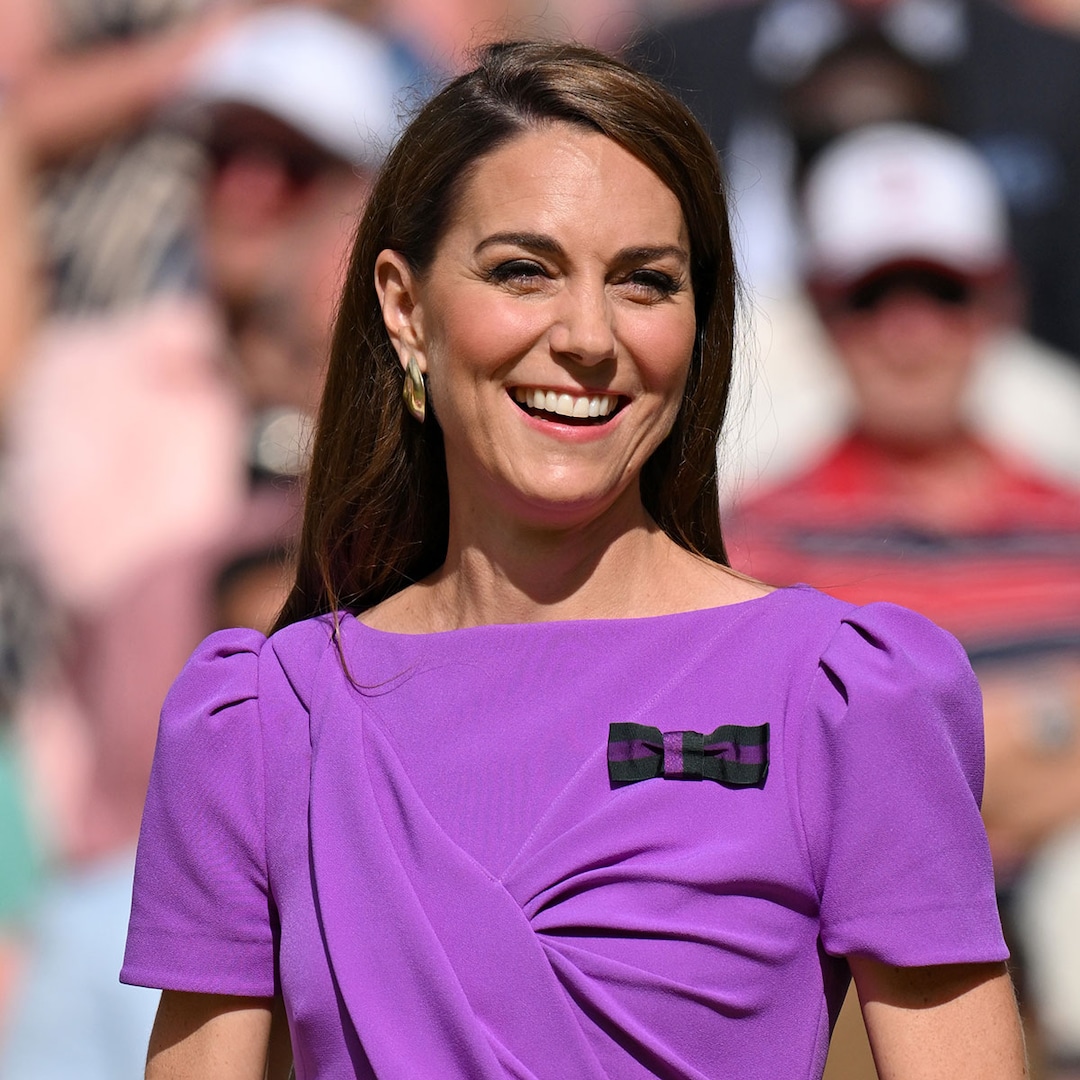
Ryan Reynolds Reflects on Deadpool & Wolverine’s Creation
Nov 22, 2024
We had the absolute honour of hosting an interview with Ryan Reynolds as he reflects on Deadpool & Wolverine’s creation and box-office success.
If “Barbenheimer” was last year’s exhibition-assisting superhero duo of note, this year it was Deadpool & Wolverine. The bawdy movie — the third in the Ryan Reynolds-fronted comic book franchise, but his first foray into the broader Marvel Cinematic Universe — smashed all manner of box office records upon its release this summer, en route to a worldwide theatrical haul of nearly $1.4 billion.
The warm reception of 2016’s Deadpool and its 2018 sequel (each of which grossed about $785 million) had of course helped reset commercial expectations a very long way from the nervous, shrugging, fingers-crossed hopefulness of the first film — take it from someone who was on the Vancouver set of that modestly-budgeted production. But questions remained about how, exactly, the anarchic spirit, fourth-wall-breaking and, ahem, enjoyably profane personality so central to Reynolds’s characterization of Deadpool would mesh with the decidedly inoffensive sensibilities of corporate parent Walt Disney, who acquired original Deadpool distributor 20th Century Fox in a deal that closed in 2019.
Those questions were answered, in the form of enthusiastic audiences around the globe. Reuniting Reynolds’ “merc with a mouth” with his titular “frenemy” (Hugh Jackman), Deadpool & Wolverine was a bonafide cultural phenomenon. Whether or not one grew up on the comic books, and took advance delight in this special mash-up, watching the movie itself in a packed theatre delivered an undeniably charged experience.
Recently, Brent Simon had an opportunity to take part in a pair of global press conference availabilities with Reynolds, who looked back a bit on his performance, talked about the anxiety he felt in crafting a character worthwhile of Jackman’s participation, offered his opinions on the overall success of the Deadpool franchise, and more. A selection from the conversations is excerpted below, condensed and edited for clarity:
Question: Deadpool & Wolverine has been an incredible success on many fronts. Yes, there is an “IP” and brand familiarity, but to what, specifically, do you attribute its vast commercial success?
Ryan Reynolds: That’s a good question. I would say in the simplest, most basic terms, togetherness. I mean, I think we did a good job of “event-izing” the movie, making it feel like a moment culturally. I think the confluence of scarcity and surprise tend to work very well with Deadpool, and it had been six years-plus since the last film, so I think that also worked in our favor. And really, too, just the idea of collective effervescence — that experience that you can only find through togetherness in a crowd or a group, in a theater or at a concert or in a sports venue, where we’re all feeling and experiencing the same thing at the same time and you kind of check all of the divide at the door.
Those are increasingly rare. I think we have increasingly fewer and fewer opportunities to do that in today’s culture — to go and feel something, no matter where we come from or what our point-of-view is. The movie really does embrace with both hands joy and togetherness — that’s kind of its north star. And what I love is that it doesn’t really require us to sacrifice subversiveness.
Question: Were the Deadpool comic books part of your childhood, and if so does the character of Deadpool at all represent a reunion of sorts with the child you were?
Ryan Reynolds: I wish I could say that when I was a kid comics were a big part of my life — and it’s not meant at all to be a woe-is-me story, because I would not change a thing about my childhood. But we didn’t really have extra money for stuff like that. It was kind of, “You get what you need, not what you want.” And as I’ve grown into an adult and I think really kind of figured out who I actually am — which took me personally probably until I hit 40 (laughs) — I am grateful for that. It really set me on, I think, a principled path, where I had a great appreciation for hard work and valuing experiences over things.
So I’m grateful for that. But no, I didn’t really read comics. I watched movies though. Man, did I watch movies and TV — everything from I Love Lucy to trying to stay awake to the second musical act on Saturday Night Live every Saturday as a kid. Those were my entertainment, and I loved them all.
Question: How different and/or difficult are some of the action stunts as Deadpool?
Ryan Reynolds: Well, let me start by saying stunts are always a little bit more challenging in the Deadpool suit. Not the suit itself — actually, the suit weirdly is a benefit. It’s probably kept me out of the hospital four or five times.
It’s very well-made, and it’s sort of akin to much better-fitting motorcycle leathers or something like that. It does provide a lot of protection. But seeing is tough, and you have to have really great aerial awareness. And early on (the first) Deadpool, I did a bunch of ballet, which I know sounds kind of weird. But it just kind of helped me really understand how to move my body. And really the work of the Deadpool suit is clown work.
I’m not saying that facetiously. I don’t have the luxury of micro-facial expressions when I’m under the mask, or even in the Wade prosthetic makeup. So my micro-facial expressions are my voice, and a lot of my expression comes from my body. And I’m very obsessed, I would say, and very particular about framing with the camera: “Where is the camera? How much do you see?” I’m always wanting to go wider. I don’t like going close because I think you lose something — your reliance is too heavy on the mask. So it’s all like clown work, basically, and that kind of Marcel Marceau school of mime, almost. And I watched all those guys back in the day, who were both stuntmen (as well as) performers and writers and producers and all that kind of stuff, all at once. And I really love those guys. I look at those guys, the Harold Lloyds and Buster Keatons and Charlie Chaplins, all that gang — those are my heroes. I learned so much from (watching) them. But the stunt stuff is especially hard with the eyes. So I use these “stunt eyes” where I can actually have a little bit more peripheral vision, and we fix it later in post-production, using CGI with WETA.
I’m 48, by the way. I was indestructible until I was 37 or 38. And then it, just all of a sudden… I broke my neck on a movie in South Africa about 15 years ago, and all this stuff catches up to you. So I try not to do the stuff that will prevent me from going home at the end of the day. But I also have to jump in, because a lot of times stunt guys are very macho, and Deadpool is not macho. He doesn’t land, get up, grunt, and walk away in this hyper-masculine way. He sashays away! The whole character and the whole movie is a bit of a dance, an expression of physicality — and the physical comedy and physical expression are some of the hardest things to do, but also some of the most freeing things to do. So I never feel freer than when I’m playing this character.
Question: You’re not just an actor-for-hire on this franchise. You’ve been integral in shaping his voice, and have shared a screenwriting credit on the last two Deadpool films. What has been the hardest part of the writing experience for you?
Ryan Reynolds: One of the scariest things I think I’ve ever done is writing dialogue for Wolverine. It’s a terrifying prospect. But comedy and drama, they have something that’s very unique to them both that I love, which is tension. They both subsist on tension. They’re much more similar than they are different. Obviously, comedy doesn’t have a fancy technique like a Meisner method or Strasberg (technique) or one of those other ones. But comedy is a very, very difficult thing to do. And specifically, I think it’s because people emphasize it too much, whereas it works so well when there is an emotional core and a backbone. That allows you to usurp expectation over and over and over again in a movie like this. And what Hugh brought to the table was a kind of gravitas and a kind of willingness to stretch and grow this character in a way that I would imagine felt scary. I don’t know to you, but it certainly might’ve felt scary to other people, especially Wolverine obsessives. And that, I think, is the magic that really makes the movie work, because we’re emotionally invested.
Question: What’s been the biggest psychological challenge of the character of the Deadpool?
Ryan Reynolds: The biggest challenge I would say is that it’s just a very fine line in these movies. They don’t work unless they’re anchored in something real, some stakes that feel emotional. And the other hallmark of the films, which I think has progressed subsequently in each movie, is its warmth. I mean, this is my favorite of the three because I felt that emotional core and that tender grit underneath the film, and it’s just everything.
I mean, when I started writing the movie, I just kept reinforcing to Marvel and all these people, “I’m writing a drama first. Don’t be alarmed, because I need that. The comedy comes secondary to that.” So once you have a strong emotional core and heart, the big beating heart of your movie, then you can apply comedy. So a dramatic component to the film… for me, that’s the thing, and always the most challenging aspect to get. And I kind of worry about Deadpool (as a character) last, honestly.
On this film, I felt like an emotional connection, and a physical and a mental stress and strain, to deliver for Hugh, because he put his faith in me in the most irresponsible way possible. So I really focused on his dialogue and his arc, and really trying to bring out as much of that — the worst Wolverine ideas we could. And then also giving his suit a meaning. Yes, the fans will go nuts when he wears the (yellow) suit. That’s fine. That lasts suit a couple of minutes. What sustains us is that the suit is there for a reason, and that reason is that it’s a hair-shirt or a penance — it’s the shame he wears. So ascribing a meaning to the suit really brought it out, really helped Hugh, and helped ground him in exactly what he wanted to do and what he needed to do.
Question: Are there any particular similarities in working styles between you and Hugh that perhaps helped your chemistry throughout the shoot?
Ryan Reynolds: Oh, that’s a good question. I would say that our working styles and how we work together are a microcosm of the movie at large. I was very lucky to be given authorship of the film, in the first film and the second film. But on the third one, I was really curious how this would work with Disney and Marvel. I know myself to be fairly reasonable. I am not subject to fits of movie star clichés or tantrums or any of those things. I really try to apply an emotionally even feeling around collaboration and working with people.
The studio made an investment in me, and now it’s incumbent upon me to return that investment. But they also gave me authorship and control. And I believe that authorship and control are synonymous with trust. So it’s not really control, it’s trust. They trusted me and Hugh trusted me and I trust Hugh. And that is why I think our chemistry is great. And also, let’s not underestimate the power of just one hell of an actor. I mean, Hugh as a person is one thing, but what he channels with this character, and (us) giving him a monologue that had more words than in one monologue he would have in any given movie was a scary thing to write. But also to watch him do that was also both illuminative, beautiful, and frightening.
There’s no part of him that’s lying when he feels that rage. And very few people that I’ve worked with have that. Another one would be Denzel Washington, where you just cannot, up close, tell the difference between reality and fiction. And Hugh has that in spades. And so when he comes at (me) in that scene and our roles are reversed and he has all the words and Deadpool has nothing? I mean, it really does feel like you’re in danger. I’m in a little tiny van, which is really just a coffin with air conditioning and a steering wheel. And I just had a few moments where I was like, “Wow, this is where I die.” But we had so much trust inevitably, and I think that’s the ties that really kind of bind us and brought us together. And a 17-year friendship certainly doesn’t hurt, either.
Question: Your answers belie the notion that the Deadpool movies are driven by improvisation. But you clearly have an ease with the character that allows for that. What is that balancing act like?
Ryan Reynolds: I never want to make my process your process, if you are my costar or a crew member. So what I do is I write the shit out of everything. I’ll write five, six, or seven alt-jokes for every piece in the movie, but I’ll also do that for all the other characters. And by “alts” I mean they’re not always jokes. Sometimes they’re dramatic lines. I’ve found that most actors and performers love in the moment once they get the thing out that they really wanted to get out, which is very important because we all need some authorship of our work.
Once they get that out, there’s a real willingness to play around, and that’s what our job is. Our whole job is a big-ass sandbox financed by capitalism and studio systems. So it’s important to play! So the sarcasm and those kinds of things are mechanisms of self-defense. Even in my life, I will turn that on and off just to protect myself. I’ve always struggled a little bit in the old bean here [points to head] with stuff.
Everyone experiences anxiety, and then some people also experience a version where they just kind of feel like they’re falling off a cliff and it’ll never come back. And so for me, when that starts to happen, this other guy takes over and he’s sort of a little bit like the Deadpool character. He is just on his feet, he’s confident, he’s fast, he’s witty, he’s got the right thing to say at the right moment. And I really see those things as slightly different. In real life, none of that comes out. I’m actually quiet.
We want to thank Ryan Reynolds for joining us here on Back to the Movies for a nice chat!
Publisher: Source link
Miley Cyrus’s 2009 Teen Choice Performance Was Mom’s Idea
One month afterward, people were clutching their pearls again when Miley stripped nude for her “Wrecking Ball” music video.And the star reflected on all of the scrutiny that she faced during this point in her career in an interview with…
Dec 4, 2024
Where Khloe Kardashian Stands on Dating 3 Years After Breakup
Khloé Kardashian Shares Update on Her Dating Life 3 Years After Tristan Thompson BreakupKhloe Kardashian is not keeping up with the current dating scene. Three years after her breakup with basketball pro Tristan Thompson—father to her daughter True, 6, and…
Dec 4, 2024
Kaley Cuoco Reveals Random Man Walked In On Her Naked
Kaley Cuoco Reveals Random Man Walked In On Her Naked Kaley Cuoco has revealed that a random man walked into her hotel room while she was “butt naked” earlier this week, joking that she has “PTSD” from the scary experience.…
Dec 3, 2024
Kate Middleton Shares Rare Inspirational Message in Christmas Letter
And just two months after sharing the completion of her own chemotherapy treatment, Kate, who stepped back from the public eye amid her health battle, eased her way back into public engagements by showing her support for their Armed Forces…
Dec 3, 2024











